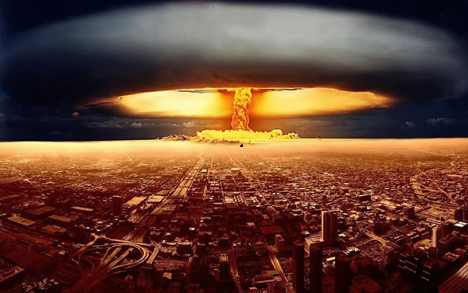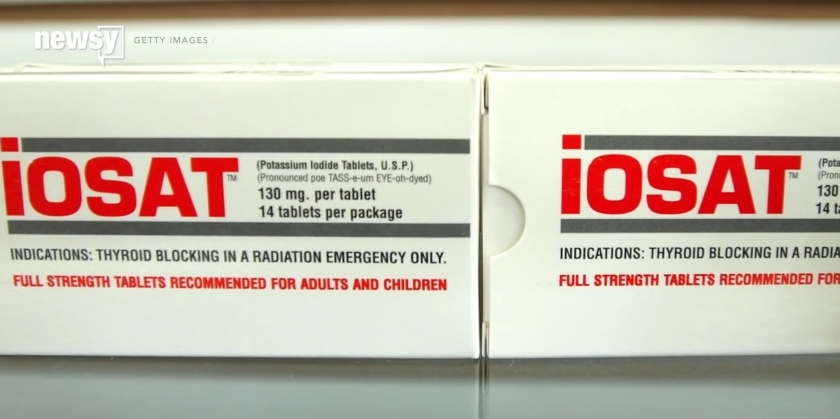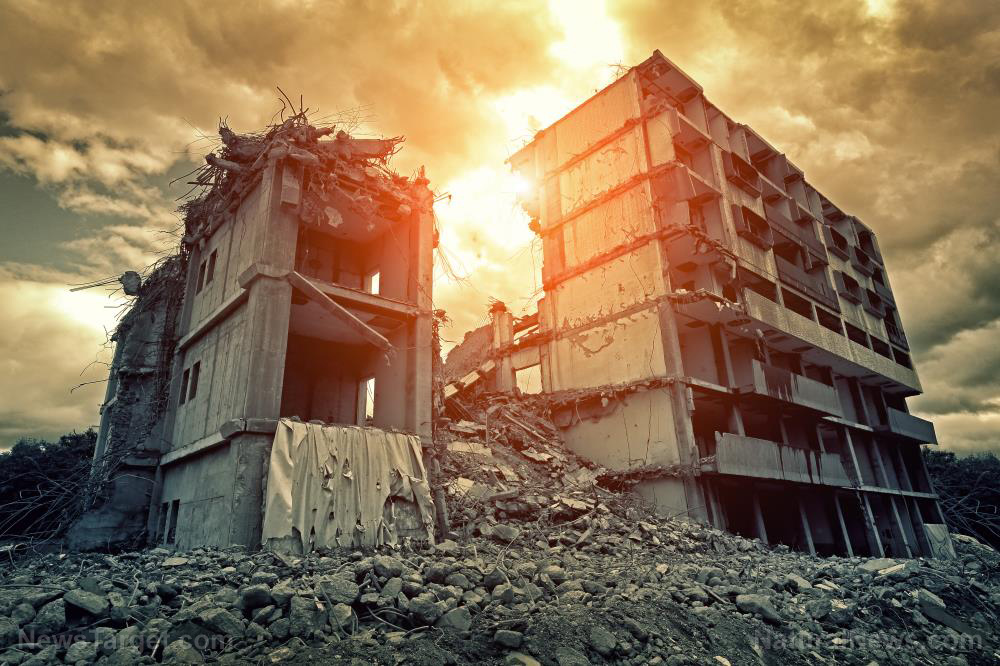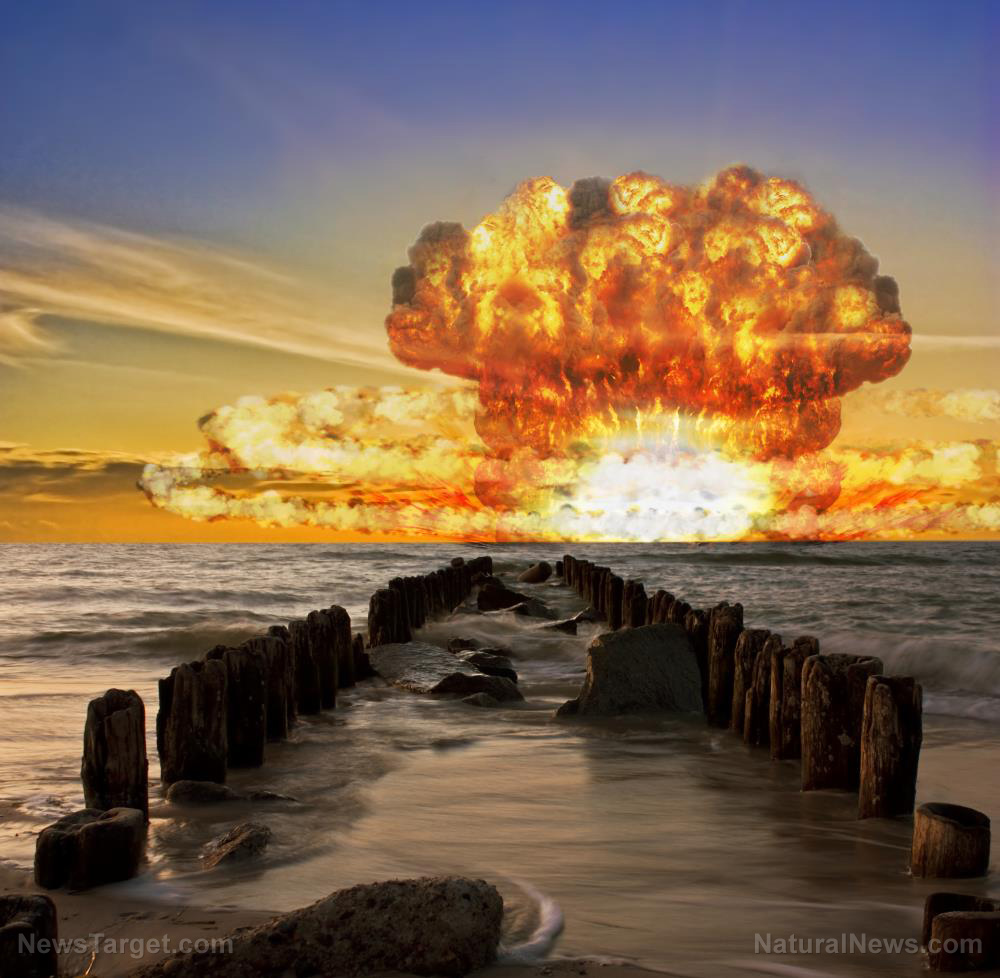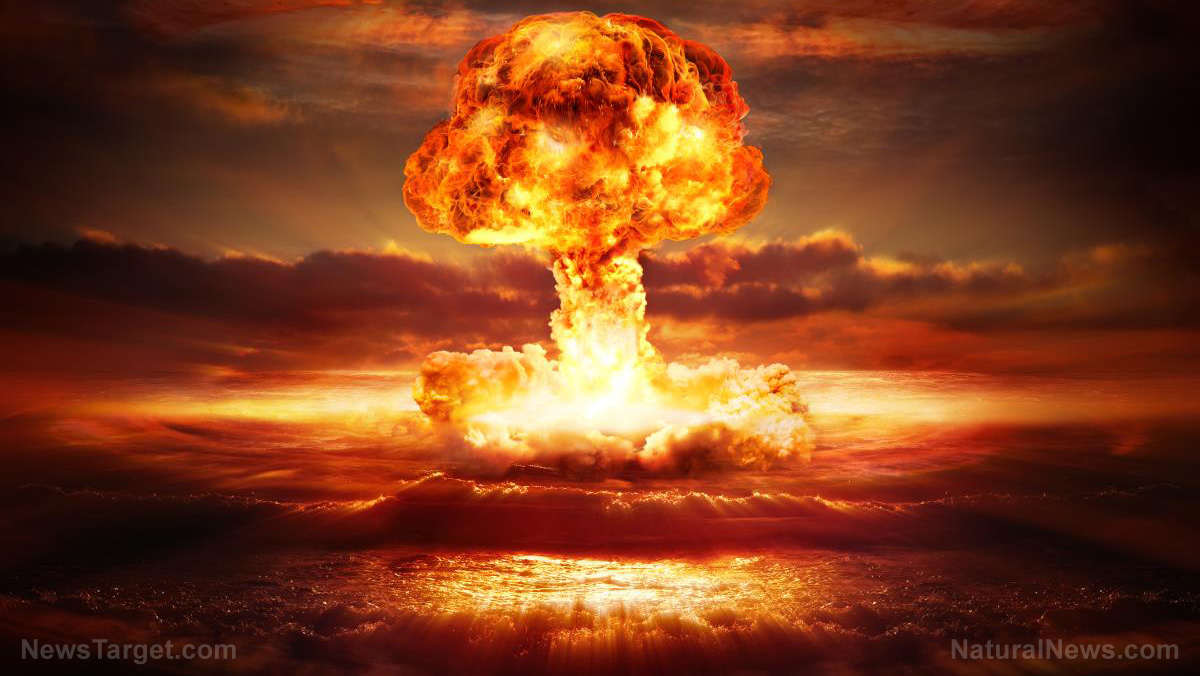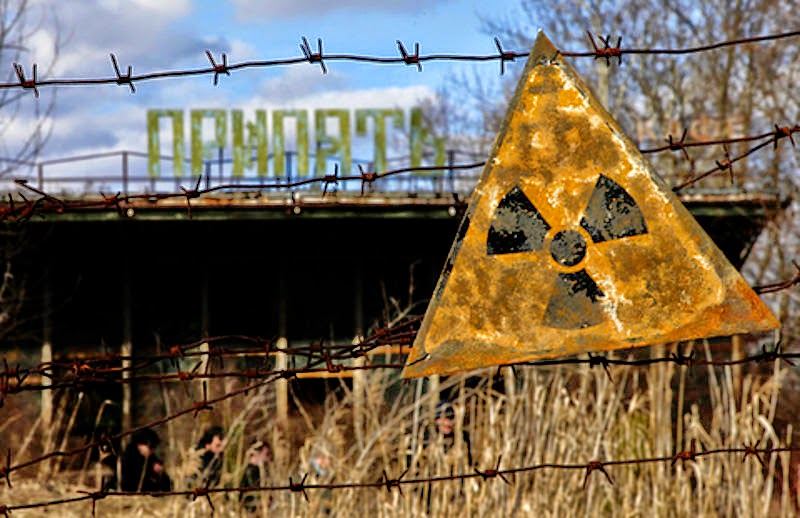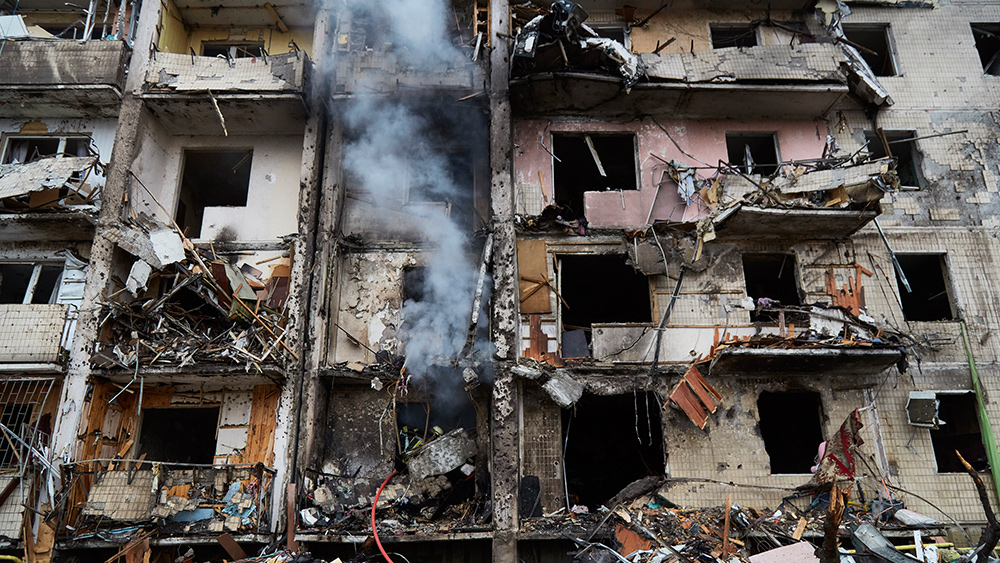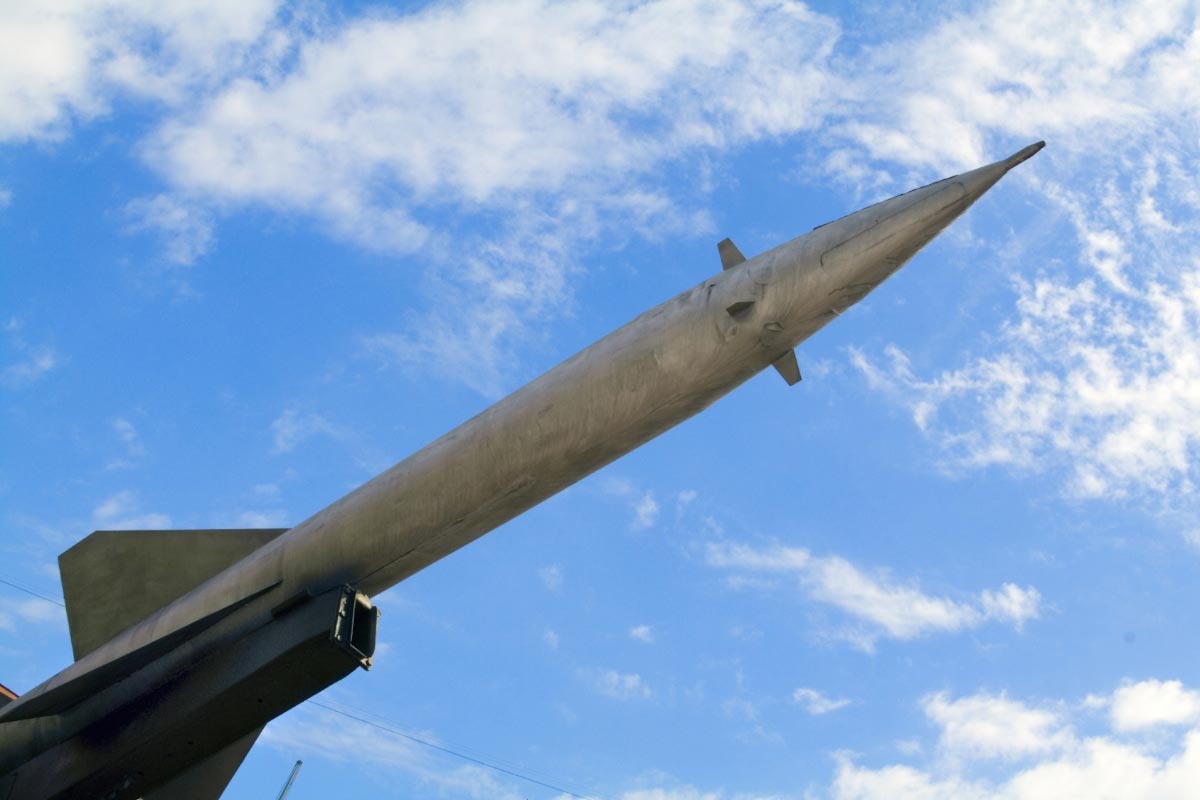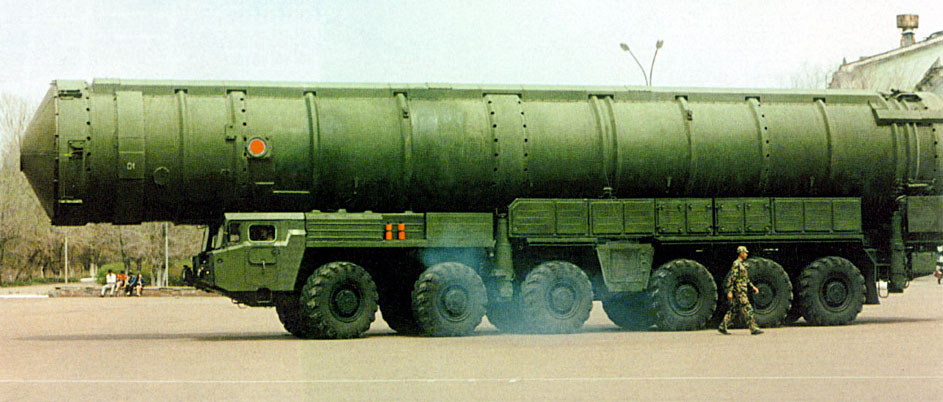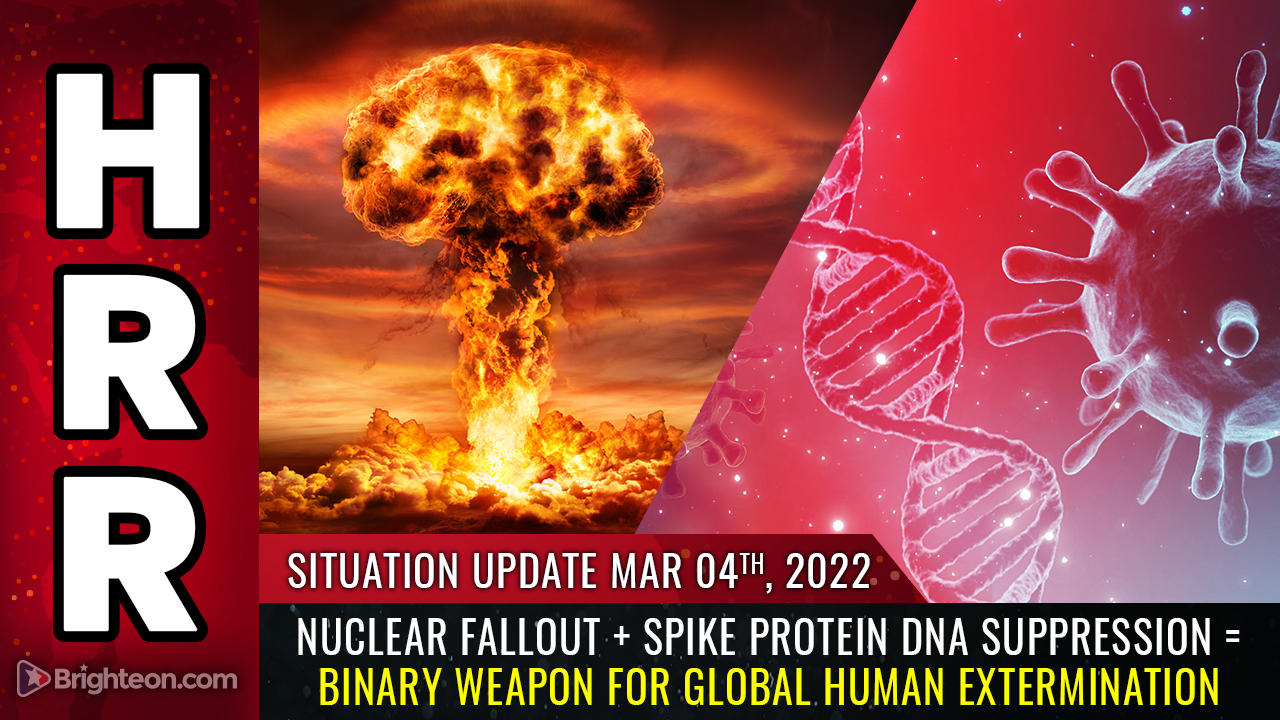Assessment forecasts “nightmare scenario” of nuclear World War III over rising potential for operational miscalculation regarding Ukraine
03/28/2022 / By JD Heyes

The likelihood of a nuclear exchange between the United States, the West and Russia is rising fast the longer the war in Ukraine drags on, according to a new assessment.
Since Russia launched its invasion of Ukraine on Feb. 24, U.S. defense officials including Defense Secretary Lloyd Austin and Joint Chiefs of Staff Chairman Mark Milley have attempted to set up diplomatic phone calls with Russian Defense Minister Sergei Shoigu and Milley’s counterpart, Gen. Valery Gerasimov, but thus far the latter two officials “have so far declined to engage,” according to retired Navy Rear Adm. John Kirby, the Pentagon’s spokesman.
According to experts and former military commanders, the longer the U.S. and Russia don’t talk, the more likely it will be that a nuclear exchange will occur due to an operational miscalculation as the Pentagon and NATO allies shore up member countries bordering both Ukraine and Russia.
“A nightmare scenario would be a Russian missile or attack aircraft that destroys a U.S. command post across the Polish-Ukrainian border,” said James Stavridis, a retired admiral who served as the Supreme Allied Commander at NATO from 2009 to 2013, in an interview with the Washington Post. “A local commander might respond immediately, thinking the event was a precursor to a wider attack. This could lead to rapid and irreversible escalation, to include potential use of nuclear weapons.”
CNN subsequently reported some details of a rare face-to-face meeting between Russian and American officials last week. According to the network, Washington believes that Moscow’s refusal to hold high-level talks are due to worries within the Kremlin that such meetings would show them that Russia is vulnerable “because it risks a tacit admission that an abnormal situation exists, according to a readout of the meeting,” an assessment noted.
The assessment continued:
Though the assumption of vulnerability appears misconceived considering while the Pentagon has allegedly attempted to maintain high-level contacts with Russian counterparts, Secretary of State Antony Blinken has not attempted any conversations with his counterpart, Russian Foreign Minister Sergei Lavrov, since the start of the conflict last month.
The real reason the Russian military leadership has allegedly shunned maintaining high-level contacts with the Pentagon’s top brass appears to be the duplicitous and treacherous role played by the transatlantic NATO alliance of significantly escalating the conflict by substantially increasing the NATO military footprint in Eastern Europe along Russia’s western flank, publicly providing billions of dollars’ worth of lethal weapons to Ukraine’s security forces and allied neo-Nazi militias while asininely claiming to be “peacemakers” extending chivalrous courtesies to the arch-rival.
Ahead of last week’s NATO summit attended by President Biden (which turned into a gaffe-fest, the White House having to ‘clarify’ or simply walk back a number of things the ‘commander-in-chief’ said), NATO Secretary-General Jens Stoltenberg announced that the alliance was planning to double the number of battle groups it had previously positioned in eastern Europe.
“The first step is the deployment of four new NATO battlegroups in Bulgaria, Hungary, Romania, and Slovakia, along with our existing forces in the Baltic countries and Poland,” he said. “This means that we will have eight multinational NATO battlegroups all along the eastern flank, from the Baltic to the Black Sea.”
Following the emergency NATO session on Thursday, the alliance issued a statement.
“In response to Russia’s actions, we have activated NATO’s defense plans, deployed elements of the NATO Response Force, and placed 40,000 troops on our eastern flank, along with significant air and naval assets, under direct NATO command supported by Allies’ national deployments,” it said. “We are also establishing four additional multinational battlegroups in Bulgaria, Hungary, Romania, and Slovakia.”
The troop build-up comes as the U.S. and NATO allies stuff billions of dollars worth of lethal military aid into Ukraine, including U.S.-made Javelin anti-tank missiles by the thousands, 100 Switchblade kamikaze drones, and 6,000 AT-4 anti-armor systems.
The stage for a deadly and dangerous miscalculation has been set — intentionally — for a nuclear World War III.
Sources include:
Submit a correction >>
Tagged Under:
Baltics, miscalculation, NATO, nuclear war, operational tempo, Poland, regional allies, Russia, Russia-Ukraine war, troop buildup, Ukraine, United States, WWIII
This article may contain statements that reflect the opinion of the author
RECENT NEWS & ARTICLES
COPYRIGHT © 2017 NUCLEAR NEWS



